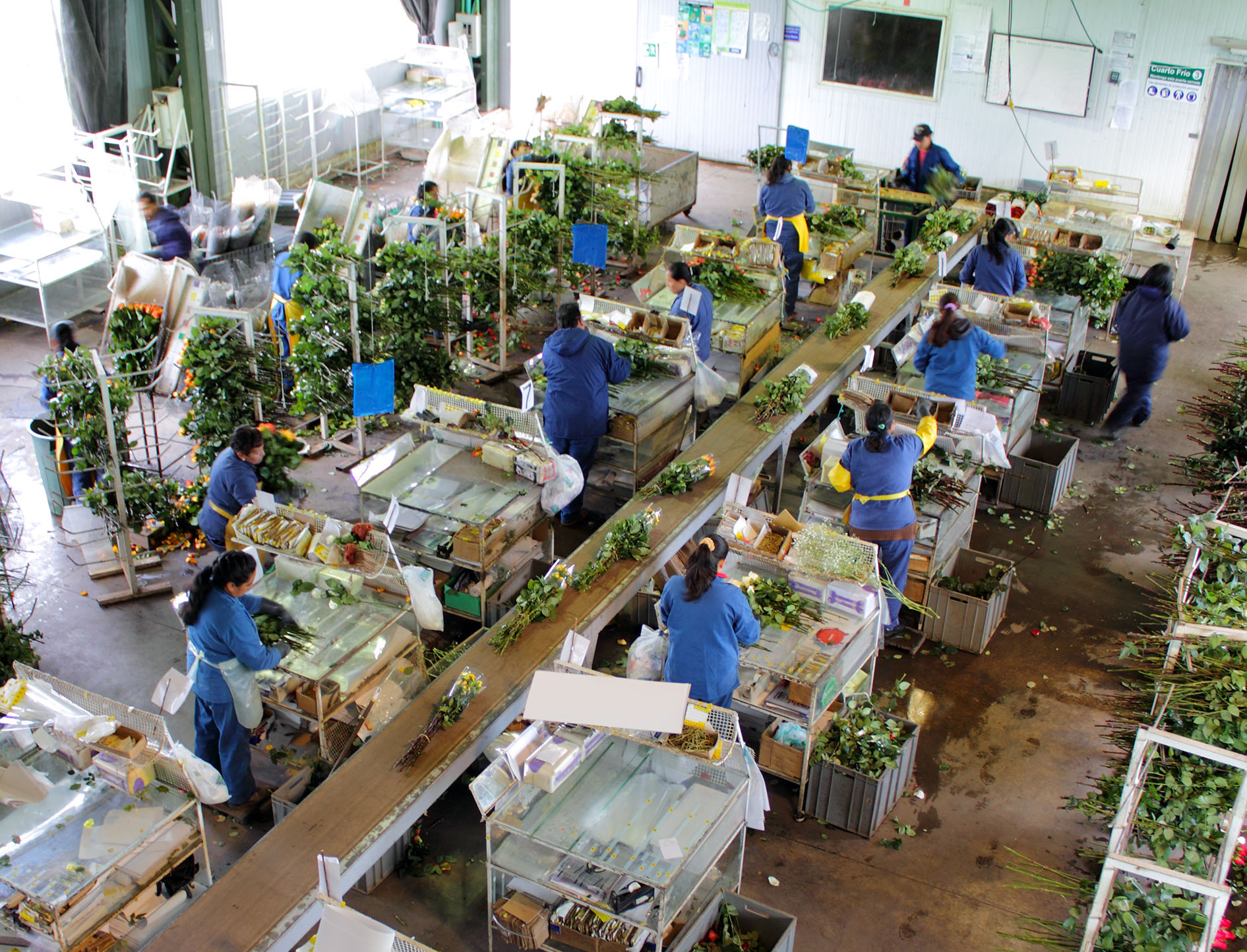The Impact of Improving Management Practices among Small and Medium Enterprises on Exports in Colombia

Abstract
Improving the productivity and export competitiveness of small and medium enterprises (SME) is a common path governments take to promote economic development. In Colombia, researchers are conducting a randomized evaluation to test whether improving management practices leads companies to export more, diversify what they are exporting and where they are exporting, and increase export productivity in the context of the “Colombia Productiva” program. Results showed that the consulting provided resulted in marked improvements in general management practices within firms, but not in those practices explicitly tailored to enhance export outcomes.
Policy Issue
Exports are an important component in promoting economic growth. Various economic theories suggest that developing countries should diversify their exports away from commodities due to declining and unfavorable trade conditions, low value-added, and slow productivity growth. Similarly, the United Nations Food and Agriculture Organization (FAO)1 has documented cases in which the lack of diversification had a negative impact on income, investment, and employment rates. Small and medium-sized enterprises have the potential to help countries diversify and increase the products they export, thereby promoting sustainable economic growth. This research seeks to provide evidence on the impact of management practices to achieve this end.
Context of the Evaluation
Exports, mainly oil, coal, and gold fostered the Colombian economy during the so-called commodity boom. However, in recent years, its value and importance have decreased. Concerned about the country's economic development, the government is implementing various strategies to increase and diversify Colombian exports. In this context, the government launched a program called Colombia Productiva in 2015. This program provides technical assistance to companies to increase their productivity. Colombia Productiva currently works with 18 sectors prioritized in the latest productive development policy due to their impact on production, employment, and exports, and their potential to generate products and services with greater added value.
Details of the Intervention
In Colombia, researchers conducted a randomized evaluation to measure the impact of providing technical assistance to SMEs under the Colombia Productiva program on exports. To be eligible for the program, companies must have existed for at least 2 years, be formally registered, belong to one of 13 selected sectors, provide financial statements and other documentation, and complete an online application process. A group of 200 eligible SMEs, which range from 2 to 750 workers, were randomly assigned to one of the following groups:
-
Technical assistance group: SMEs in this group received a diagnostic of their management practices followed by 190 hours of technical assistance delivered over 10 months. 30 hours of assistance will be allocated to training in commercial management strategy and 160 hours of assistance in two other areas of choice among the following: quality standards, energy efficiency, labor productivity, and operational productivity. Firms will also participate in an export fair.
-
Comparison group: SMEs in this group received a diagnostic of their management practices and then will participate in an export fair. No technical assistance will be provided for these firms.
IPA Colombia conducted a firm survey of export and business practices at the end of the intervention. The research team used the survey information and administrative data including export products, the destination country and value of the export transaction, and formal employment data to measure the impact of the program.
Results and Policy Lessons
Researchers found that the consulting provided resulted in marked improvements in general management practices within firms, but not in those practices explicitly tailored to enhance export outcomes. For instance, while there was an 11.9 percentage point increase in operational practices (from 71 percent to 82.9 percent) and a 7.9 percentage point increase in commercial practices (from 66 percent to 73.6 percent), no significant impact was observed in practices directly tied to exporting (e.g., obtaining quality certifications for export markets or marketing strategies aimed at international clientele).
Shifting outcome focuses: Initially, the government's primary focus was on export outcomes, but the emphasis seemed to pivot over time toward enhancing overall firm productivity and general management practices. In some instances, consultants even advised firms to concentrate on the domestic market, deeming their quality inadequate for exporting. Researchers suggest that even though productivity growth is important, firms may need more direct help to access foreign markets.
Differences in quality and intensity: Researchers also pointed out that the consulting's quality and intensity, when compared to other SME interventions documented, might have contributed to the observed lack of impact; the firms in this program received less rigorous assistance than in comparable management improvement initiatives.
Firm diversity: The diverse nature of the participating firms in terms of size and industry potentially hindered the consultants' ability to provide universally relevant advice. For future endeavors, researchers advocate for a focus on a more consistent group of firms to potentially yield more meaningful results.
Sources
1. Food and Agriculture Organization of the United Nations (FAO) (2004), The state of agricultural commodity markets 2004, Rome.












